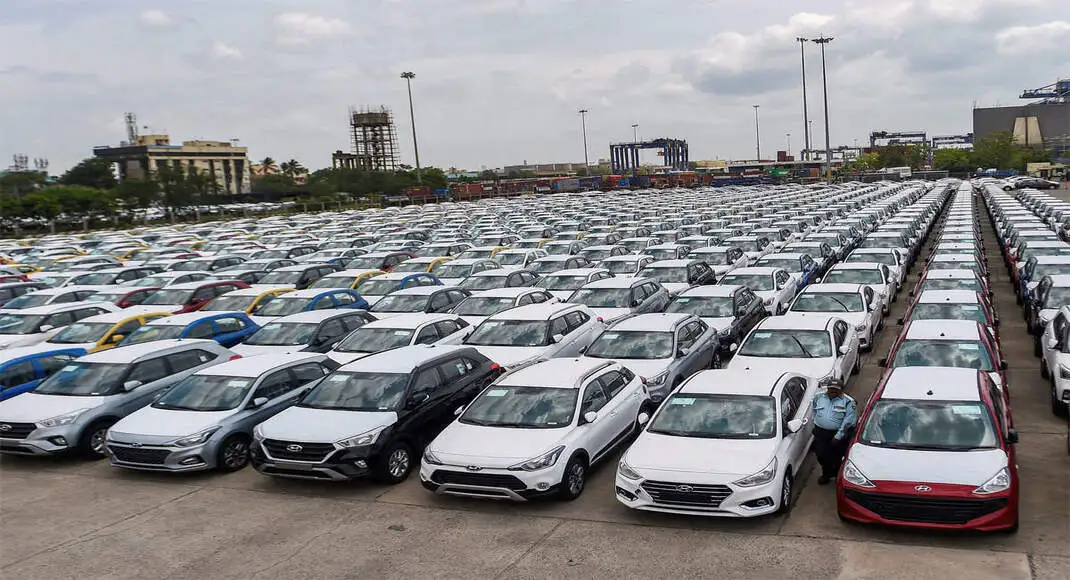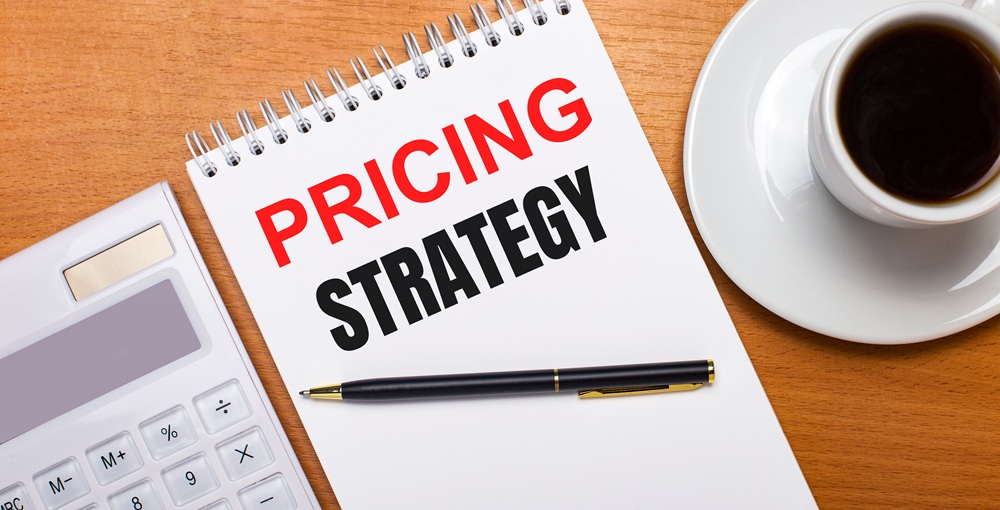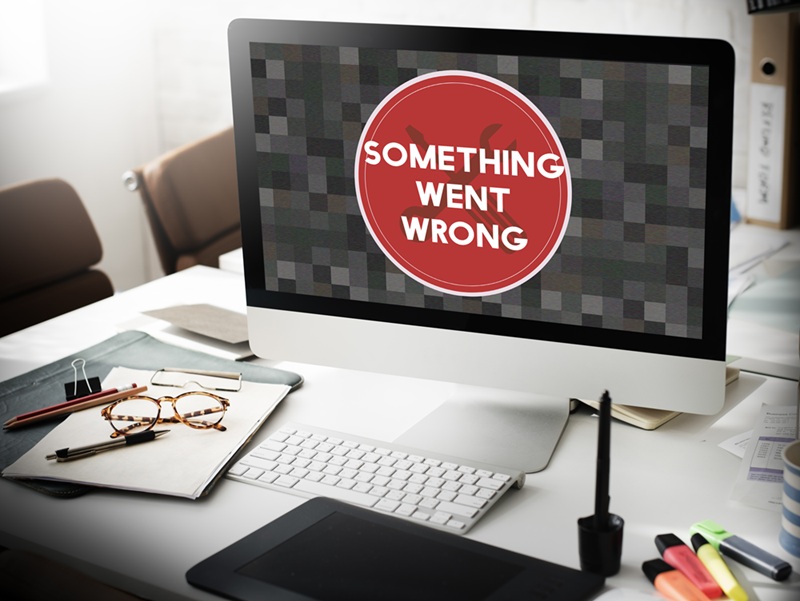
Key Factors to Check Before Buying Used Commercial Vehicles for Your Business
Buying a second-hand commercial or industrial vehicle can be a game-changer for businesses looking to expand their fleet without straining their finances. From delivery vans to construction equipment, used vehicles offer immense value—but only when chosen wisely. In 2025, with the rise of online classified platforms, it’s easier than ever to find pre-owned vehicles that meet your specific business needs. However, to make a smart investment, there are several key factors you must evaluate before sealing the deal.
1. Assess Vehicle History and Documentation
Before anything else, request the complete service history, accident reports, and ownership documents of the vehicle. A well-maintained vehicle will have a track record of regular servicing and repairs. Make sure the chassis number and engine number match the paperwork, and check if the vehicle has any pending legal issues, loan liabilities, or blacklisting.
2. Evaluate Mechanical and Physical Condition
Have a qualified mechanic inspect the engine, brakes, transmission, suspension, and other key components. Look for signs of wear and tear, rust, fluid leaks, or mismatched parts. A clean interior and well-maintained tires are often signs that the vehicle was taken care of. Don’t forget to test drive the vehicle to check for unusual noises, vibrations, or handling issues.
3. Understand the Usage Type and Mileage
The number on the odometer only tells part of the story. A high-mileage vehicle used for long highway hauls may be in better condition than a low-mileage vehicle used in stop-and-go city traffic. Try to understand how the vehicle was previously used—whether in construction, delivery, or agriculture—as this impacts wear and suitability for your business purpose.
4. Check for Upgraded or Replaced Parts
Used commercial vehicles often undergo part replacements or modifications. While upgrades like new tires, reinforced suspensions, or updated hydraulics can be a bonus, it’s important to verify that all changes were done by professionals using compatible parts. Inappropriate modifications can compromise performance and safety.
5. Compare Prices and Negotiate Smartly
Once you’ve shortlisted a few vehicles, compare market prices for similar models. Classified platforms often allow direct communication with the seller, giving you room to negotiate. If the price is unusually low, probe further—there might be underlying issues. Consider factors like fuel efficiency, load capacity, and brand reputation to justify the pricing.
6. Factor in Insurance and Maintenance Costs
Make sure to calculate ongoing expenses such as insurance premiums, servicing, and spare parts availability. Older or imported models may come with higher maintenance costs. Choose vehicles from brands that offer easy access to parts and service centers.
7. Buy Through a Trusted Classified Platform
Using a reputable online platform adds a layer of trust and transparency to your purchase. Look for seller ratings, detailed listings, real images, and contact verification. Many platforms also offer buyer protection features or third-party vehicle inspection services.
In conclusion, buying a second-hand commercial vehicle is not just about saving money—it’s about making a smart, sustainable investment. With the right checks and careful evaluation, your business can acquire reliable transport and equipment that enhances operations while keeping costs in check. Whether you need a refrigerated truck for food delivery, a forklift for warehouse operations, or a flatbed for construction, the second-hand market in 2025 is filled with opportunities waiting to be explored.



